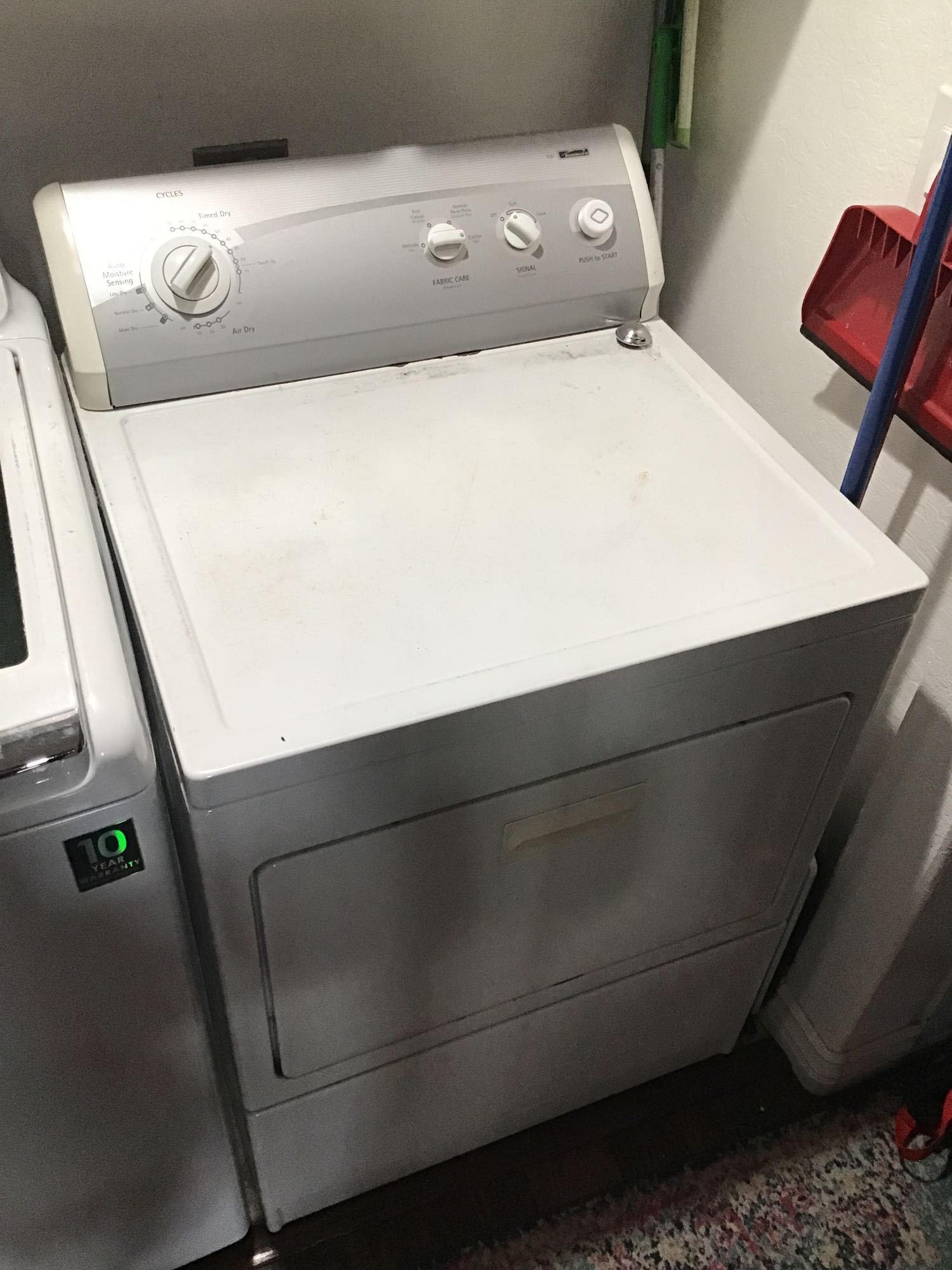A washing machine is a crucial household appliance, making laundry chores effortless and efficient. However, its performance depends on various factors, one of which is water pressure. Many homeowners overlook the impact of low water pressure, but it can significantly affect the washing cycle, cleaning efficiency, and overall lifespan of the machine. Understanding how low water pressure influences your washing machine can help you take timely action to prevent potential issues.
1. Longer Wash Cycles
Washing machines require a specific water pressure level to fill the drum within a designated time. If the water pressure is too low, the machine takes longer to reach the required water level, causing prolonged wash cycles. As a result, your laundry routine becomes inefficient, and energy consumption increases.
2. Inadequate Rinsing
Proper rinsing is essential to remove detergent residues from clothes. Low water pressure means the machine cannot supply enough water for thorough rinsing. This can leave soap residues on fabrics, leading to skin irritation and making clothes appear dull or sticky after drying.
3. Improper Detergent Dissolution
Most detergents, whether liquid or powder, require sufficient water flow to dissolve properly. When water pressure is low, detergent may not mix evenly, causing buildup in the dispenser or drum. This results in uneven cleaning, leaving patches of detergent on clothes and reducing washing efficiency.
4. Drainage Issues
Although drainage mainly depends on the pump, low water pressure can indirectly contribute to drainage problems. If the washing machine does not receive enough water, it may not complete the rinse cycle properly, leaving excess detergent and dirt in the drum. Over time, this can cause blockages in the drain hose or pump filter, requiring professional maintenance.
5. Inefficient Cleaning
Low water pressure can prevent the drum from filling adequately, resulting in poor water distribution. When clothes do not receive enough water, stains and dirt may not be fully removed, reducing the overall effectiveness of the wash. This is particularly problematic for heavily soiled items that require a thorough cleaning cycle.
6. Frequent Error Codes
Modern washing machines are equipped with sensors that detect irregularities in water supply. If the machine detects insufficient water flow, it may display error codes such as “water inlet failure” or “low water supply.” These errors can prevent the washing cycle from starting or completing, causing frustration and requiring troubleshooting.
7. Strain on Internal Components
When a washing machine struggles to fill with water, its inlet valve, pump, and motor work harder to compensate. Over time, this extra strain can lead to premature wear and tear, increasing the likelihood of mechanical failures and costly repairs.
8. Potential Water Heater Malfunction
Many washing machines use an internal heater to warm water for specific wash cycles. If there is insufficient water flow, the heater may not function correctly, leading to inconsistent water temperature. This can affect the efficiency of stain removal and cause temperature fluctuations that may damage delicate fabrics.
What Causes Low Water Pressure in Washing Machines?
Several factors contribute to low water pressure in a washing machine, including:
- Clogged Inlet Filters – Dirt and debris can accumulate in the water inlet filters, restricting water flow.
- Faulty Water Supply Valves – If the water valves are not fully open or are defective, they can reduce water pressure.
- Plumbing Issues – Aged or corroded pipes, leaks, or a faulty main water supply can lead to low pressure.
- High Water Demand in the Household – If multiple appliances are using water simultaneously, it can reduce pressure in the washing machine.
How to Fix Low Water Pressure Issues?
If you notice signs of low water pressure affecting your washing machine, consider the following solutions:
- Check and clean the inlet filters regularly to prevent blockages.
- Ensure water supply valves are fully open to allow maximum flow.
- Inspect household plumbing for leaks or damages that may restrict water flow.
- Schedule a professional inspection if the problem persists to prevent long-term damage to your appliance.
Need Professional Help? Contact Home Appliance Service Center!
Low water pressure can lead to serious washing machine issues if left unaddressed. If you’re experiencing prolonged wash cycles, poor cleaning results, or frequent error codes, it’s time to call the experts. Home Appliance Service Center provides reliable diagnostics and repair services to ensure your washing machine operates at peak performance.
Don’t let low water pressure ruin your laundry routine—contact us today for a professional inspection and repair!
Contact us
 619-928-5000
619-928-5000  Request Service
Request Service 
